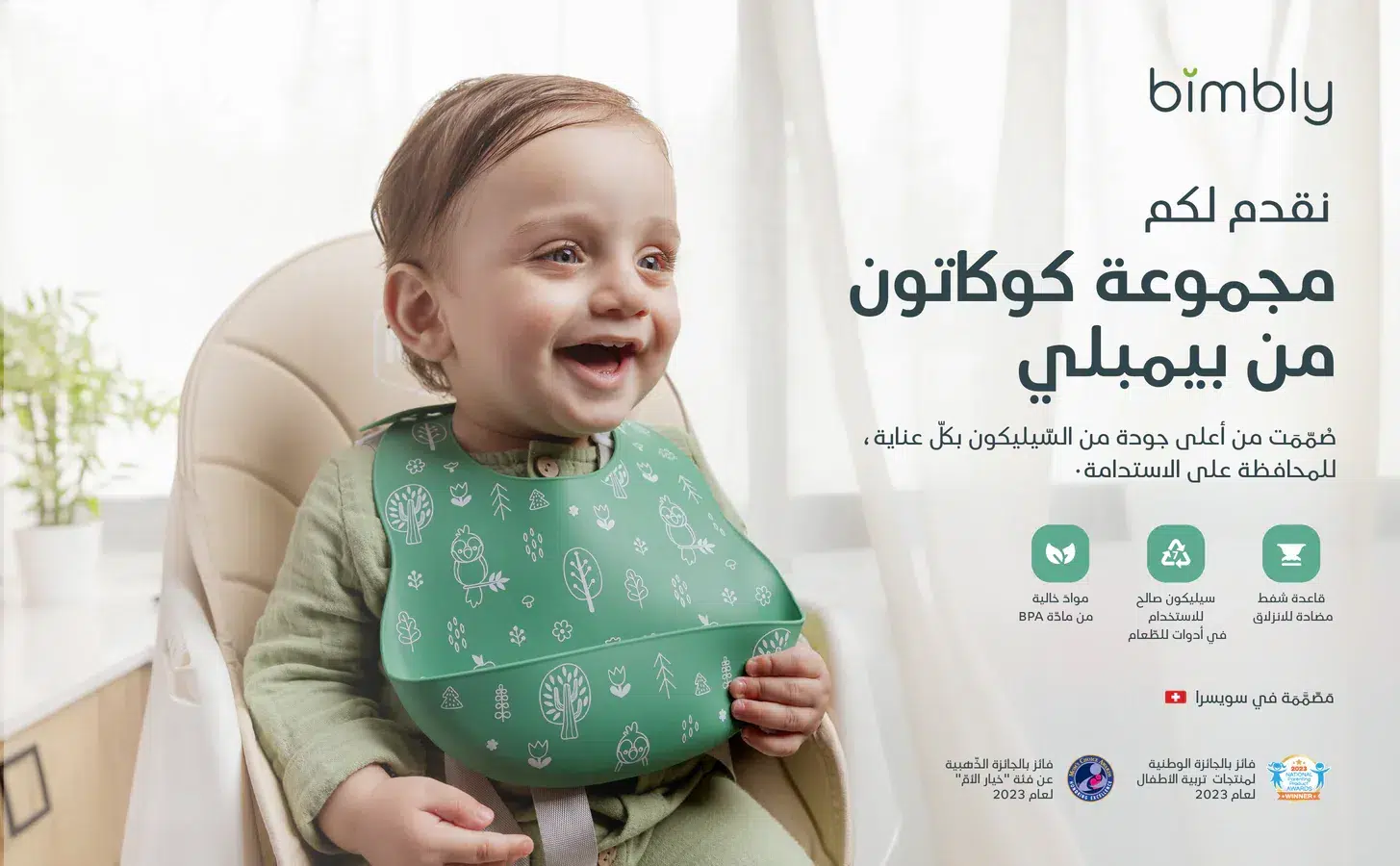Why are blocks so foundational to childhood? Block play supports language development, STEM concepts, visual spatial skills, and more.
The Importance of Blocks in Early Childhood Development
Blocks are more than just simple toys; they are essential tools for fostering a wide range of skills that contribute to a child’s overall development. By engaging in block play, children are not only entertained but are also learning in a hands-on and interactive way that is critical to their cognitive growth.
Language Development: When children play with blocks, they often engage in conversations with their peers or caregivers. This communication can involve negotiating how to build a structure, describing what they are creating, or telling stories about their constructions. Such interactions help expand their vocabulary, improve sentence structure, and enhance their ability to express ideas clearly. Furthermore, when adults engage with children during block play, asking questions and providing feedback, it promotes the use of more complex language and encourages the development of storytelling skills.
STEM Concepts: Blocks introduce children to basic principles of science, technology, engineering, and mathematics (STEM) at an early age. Through experimentation, children learn about balance, gravity, and cause-and-effect relationships. They also begin to understand concepts like counting, sorting, and pattern recognition. For example, when a child tries to build a tall tower, they quickly learn that a wider base provides more stability, an early lesson in engineering principles. Block play also encourages problem-solving and critical thinking as children figure out how to make their creations work.
Visual-Spatial Skills: Block play helps develop visual-spatial skills, which are crucial for understanding how objects fit together in space. This skill is important for future tasks such as reading and writing, as well as for more complex activities like navigating maps or understanding geometric concepts. As children manipulate blocks, they gain a better understanding of shapes, sizes, and spatial relationships. They also practice fine motor skills, which are essential for tasks such as writing, drawing, and using tools.
Social and Emotional Development: Block play often involves collaboration with others, which helps children develop social skills such as sharing, taking turns, and working together toward a common goal. This type of cooperative play fosters a sense of community and teaches children how to manage conflicts and negotiate roles. Additionally, the creative aspect of block play allows children to express themselves and explore their emotions in a safe and constructive manner. The satisfaction of completing a challenging structure can also boost a child’s self-esteem and confidence.
Creativity and Imagination: Blocks provide a blank canvas for a child’s imagination. With just a few pieces, a child can create anything from a towering castle to a bustling city or even a spaceship. This open-ended play encourages creativity and allows children to explore different possibilities, experiment with ideas, and think outside the box. The ability to innovate and think creatively is a valuable skill that will benefit children throughout their lives.
In conclusion, block play is a foundational activity that supports multiple aspects of a child’s development. By encouraging language growth, introducing STEM concepts, enhancing visual-spatial skills, and promoting social and emotional well-being, blocks provide a rich and varied learning experience. As such, they are a vital part of early childhood education, helping to build the skills that children need to succeed in school and beyond.


